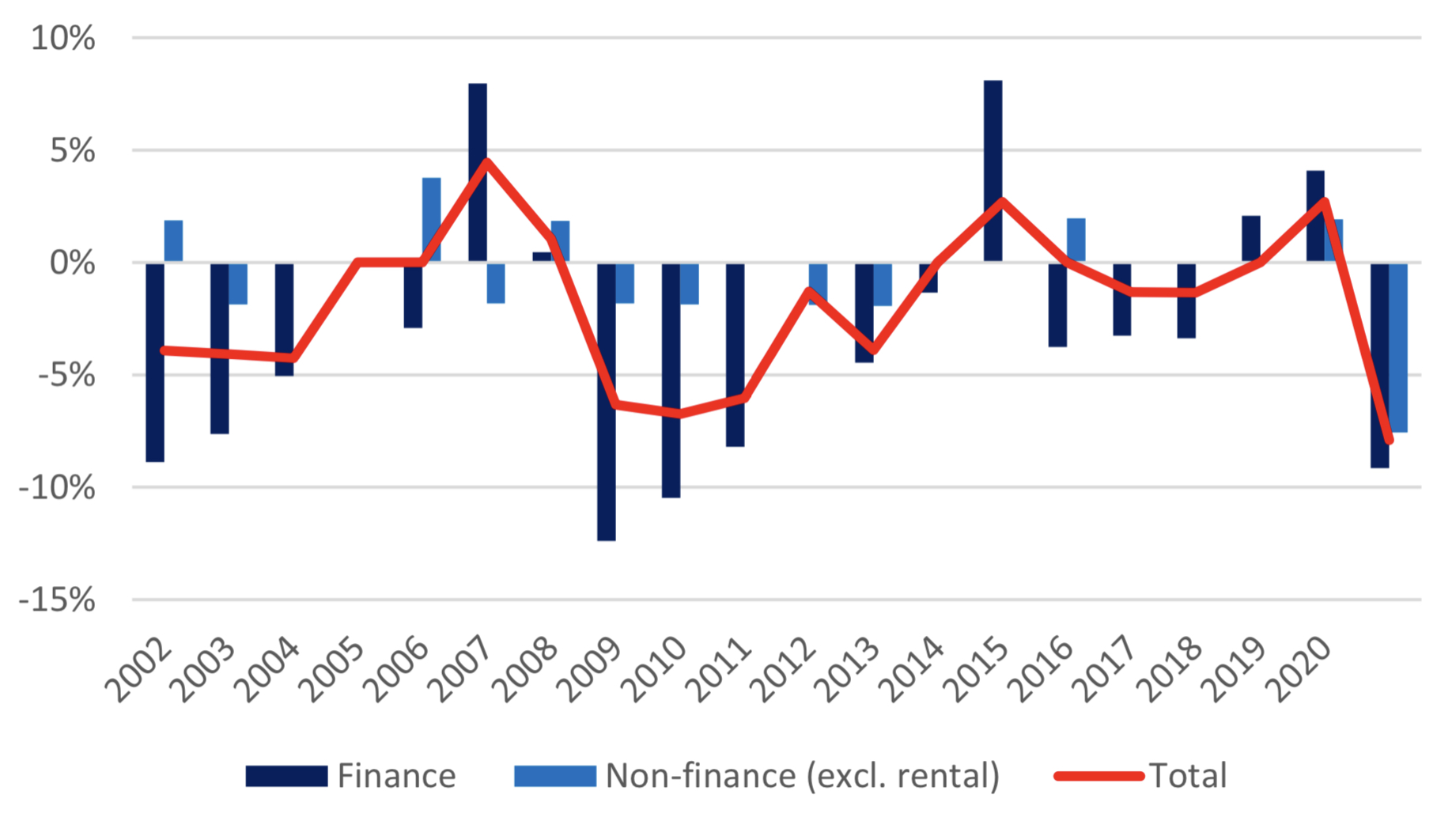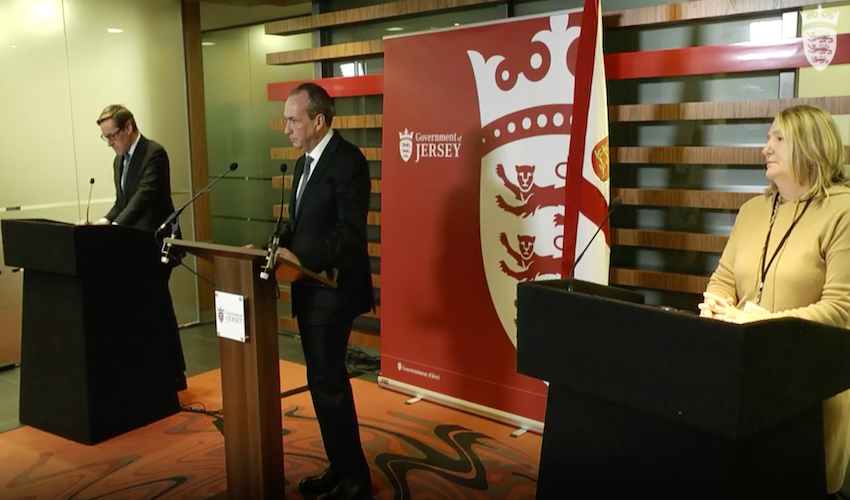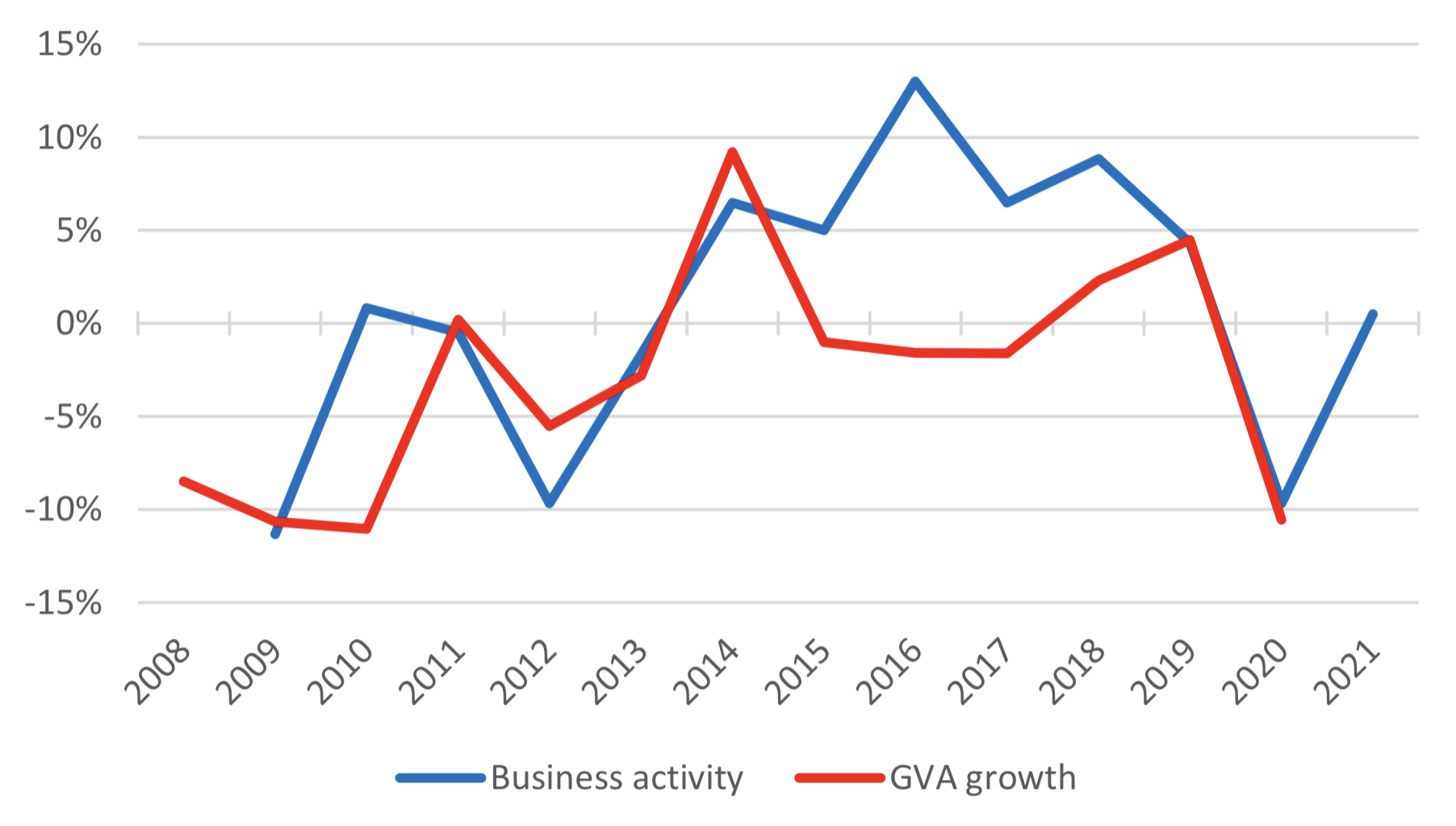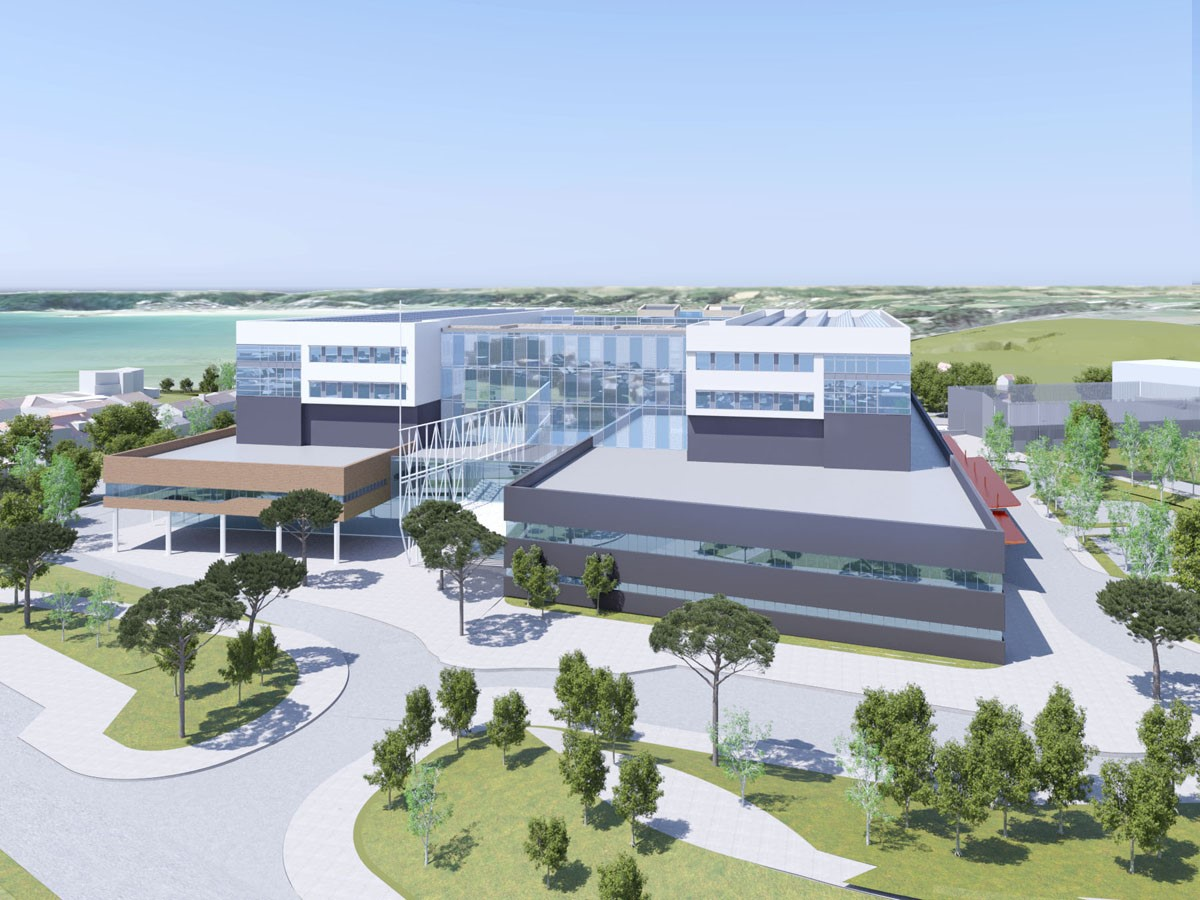


The concept of a ‘wage-price spiral’ is a real threat to the Jersey economy that needs to be monitored and avoided, according to the Government’s economic advisers.
The three-member Fiscal Policy Panel, which is an independent body of economists who advise of the Government on its tax and spending decisions, have identified this inflationary concept, rooted in human nature, as something ministers and their officers need to keep a wary eye on.
The panel identified this risk, along with a number of others, in its Annual Report for 2021, which was published on Tuesday.
Here, Express explores the key points in depth...
In warning against the threat of spiralling inflation, it recommends: “The structure of Jersey’s economy and budget suggest that higher than expected inflation will tend to improve Jersey’s fiscal position [in terms of higher tax revenues].
“However, since the current surge in inflation is expected to be temporary, it is important that short-term high inflation does not feed into longer term earnings growth. Higher prices do not warrant indiscriminate compensation for households or businesses.”

Pictured: A measure of Jersey’s productivity, shown in the annual percentage change in Gross Value Added per full-time-equivalent worker in real terms.
Expanding on this concept, one of the panel, Professor Richard Davies, an economist at Bristol University, told Express: “Wage-price spiral is when people expect prices to go up because of, for example, supply-chain issues.
“So if people think prices have gone up by, say, 4%, they demand a 4% pay increase.
“Businesses then think ‘hang on, my supply chain prices are going up by 4% and I have to increase the wages I pay by 4%, so I’m actually going to put up my prices by 6%. People then get wind of that and prices goes up and up.
“This was a big feature of the UK economy in the late 1970s / early 1980s and it can be quite a damaging thing. That is something for everybody – the Government, firms and workers themselves – to keep a close eye on.
“At the moment, inflation is happening because the economy is at capacity, but you can get to situations where an economy is not at full capacity but just because everyone is in this wage-price spiral, prices keep going up. That is the thing to monitor and avoid.”
Prof Davies added that falling productivity remained another significant risk.
“Productivity took a big hit during the crisis,” he said. “This was natural as people weren’t allowed to be productive but over the longer run, Jersey’s productivity rate is pretty flat, so people are not doing more of whatever it is they do per hour than they were previously.

Pictured: The FPP say that early intervention at the beginning of the pandemic to support jobs meant that predictions of recession have not materialised.
“This is a problem because productivity growth – doing more for the company you work for – is one of the reasons that justifies higher real wages.
“So, if you want the standard of living to go up consistently, we need productivity to go up consistently as well. But that is not happening.”
However, Prof Davies did recognise that measuring productivity in financial services was an inexact science as it was based on profitability, which includes interest rates.
This meant that when interest rates were low, profitability in banks would be impacted, and so too would be productivity.

Pictured: GVA in the finance sector fell by 8.7% in 2020 but is expected to improve in 2021, especially as business activity has climbed.
However, he added that the FPP also looked at productivity across different sectors, so Jersey’s fall could not be solely attributed to low interest rates.
Another recommendation of the FPP is for the Government to build up the Strategic Reserve from its current £1bn. It will grow to £1.7bn next year when the £756m borrowed to fund the new hospital is added to the pot, but this will then decline – to £1.15m by the end of 2024 – when the hospital bills are paid.
But the FPP said it needs to grow in the long term.
Prof Davies said: “We did some work to look across small economies that are in some ways like Jersey’s, with a big financial sector, such as Iceland.
“We looked at what happened when they went through a really acute finance-focused crash and how much they needed to spend to manage it. Of course, the economies are different but the numbers interestingly came in a band of between 30% and 60% of Gross Value Added and that is why we have set that target for the Government.”
At the moment, forecasts suggest the Strategic Reserve will remain below that recommended range of 30-60%, with the Government Plan forecasts predicting the ’Rainy Day Fund’ remain broadly stable at 21%-22% of GVA between 2022 and 2025.
Despite the warnings and recommendations for change, the FPP stress that there is a lot of good news to report on, fundamentally based around better-than-forecast financial figures for 2021.
This is because the impact the pandemic was not as deep as first thought, said Prof Davies. The “extraordinary speed and effectiveness” of job retention policies on a global scale, including Jersey, had preventing a feared “scarring” of the economy, he added, which is caused by mass, long-term unemployment.
The FPP reports: “Data on GVA shows that the economy contracted by 8.7% last year. The finance sector saw falling profits due to the low interest rate environment, while non-finance in particular hospitality struggled with the impact of the pandemic.
“More recent data shows a strengthening of economic conditions with unemployment figures returning close to pre-pandemic levels and vacancies rising above 2019 levels.
“The panel expects there will be a further gradual recovery which will be driven partly by an increase in interest rates and recovery in non-finance as we emerge from the worst effects of the pandemic.
“The recent improvement in economic conditions has also led to an upward revision in the public finance forecasts, with revenue forecasts increased by £76m in 2023 compared to last year’s Government Plan.
“While spending plans have also increased, the additional revenue improves the budget position by £17m in 2023. The plan also proposes £1.7bn extra borrowing in 2022 which includes borrowing to cover the impact of the pandemic, the Our Hospital project and refinancing pension debt.”
The FPP supports the Government’s ‘debt framework’, which proposes borrowing £1.7bn. The panel says the framework’s aims are “sensible and should be built upon in future iterations”.

Pictured: The FPP supports the Government borrowing £1.7 billion next year, including $756m to pay for the new hospital at Overdale.
However, it recommends that the Government modify its targets – including sticking to a medium-term debt-to-GDP ratio of between 30% and 40% - across the business cycle so that “not achieving these aims during economic downturn won’t be unduly scrutinised.”
The FPP also offers advice on the Government’s recently amended aim to achieve net-zero carbon emissions by 2050, which it deems preferable to seeking to reach carbon neutrality – which would involve paying £12m a year in carbon credits – by 2030.
The FPP argues: “Achieving net zero will require a careful use of both taxes and expenditure to create the right economic incentives.
“It is important that the existence of a Climate Emergency Fund does not create a presumption that revenue received in the fund should be equal to climate-related spending.”
The Government has said that the £23m fund will only pay for carbon-cutting initiatives until 2026, after which new money will need to be found. The total Government cost of decarbonising Jersey is expected to be around £300m.
Comments
Comments on this story express the views of the commentator only, not Bailiwick Publishing. We are unable to guarantee the accuracy of any of those comments.